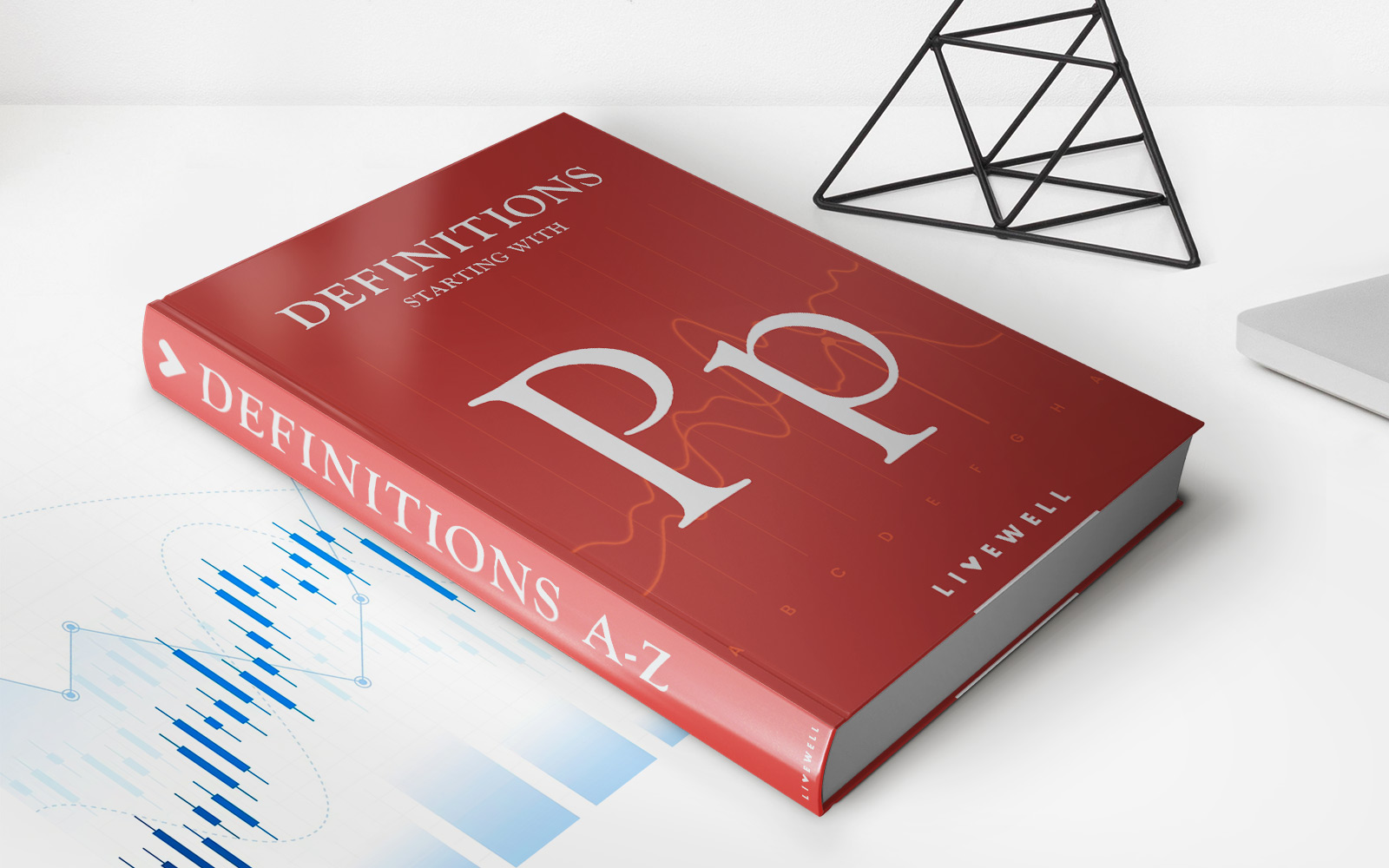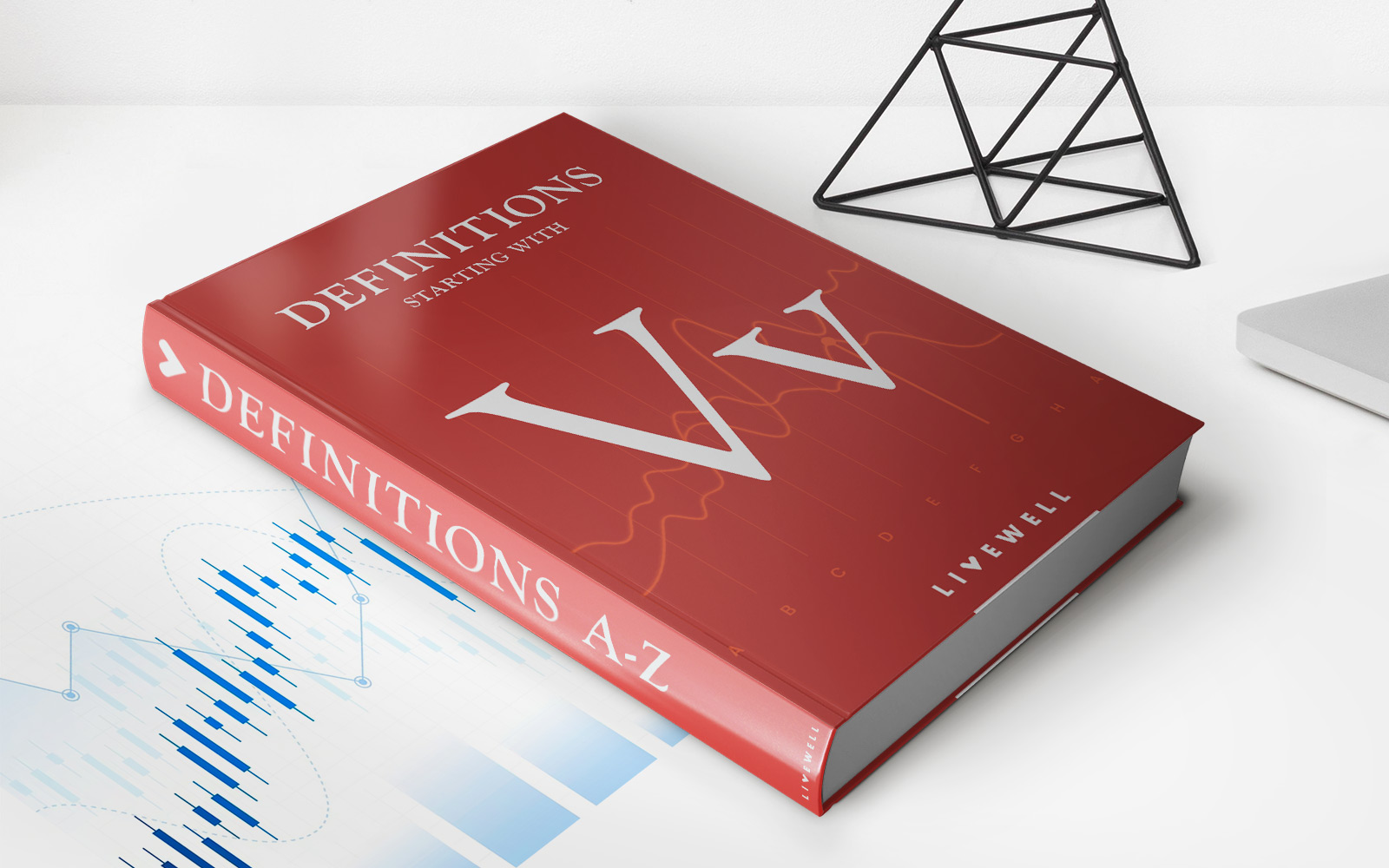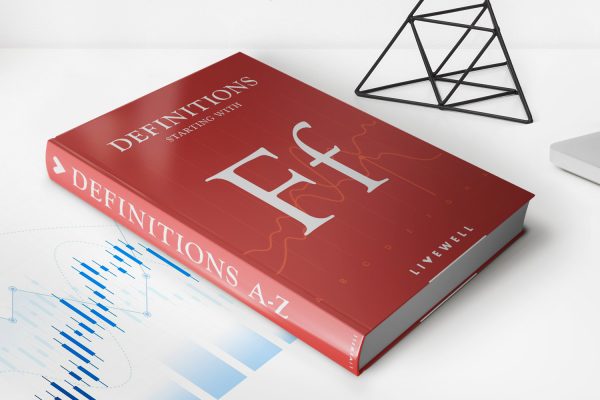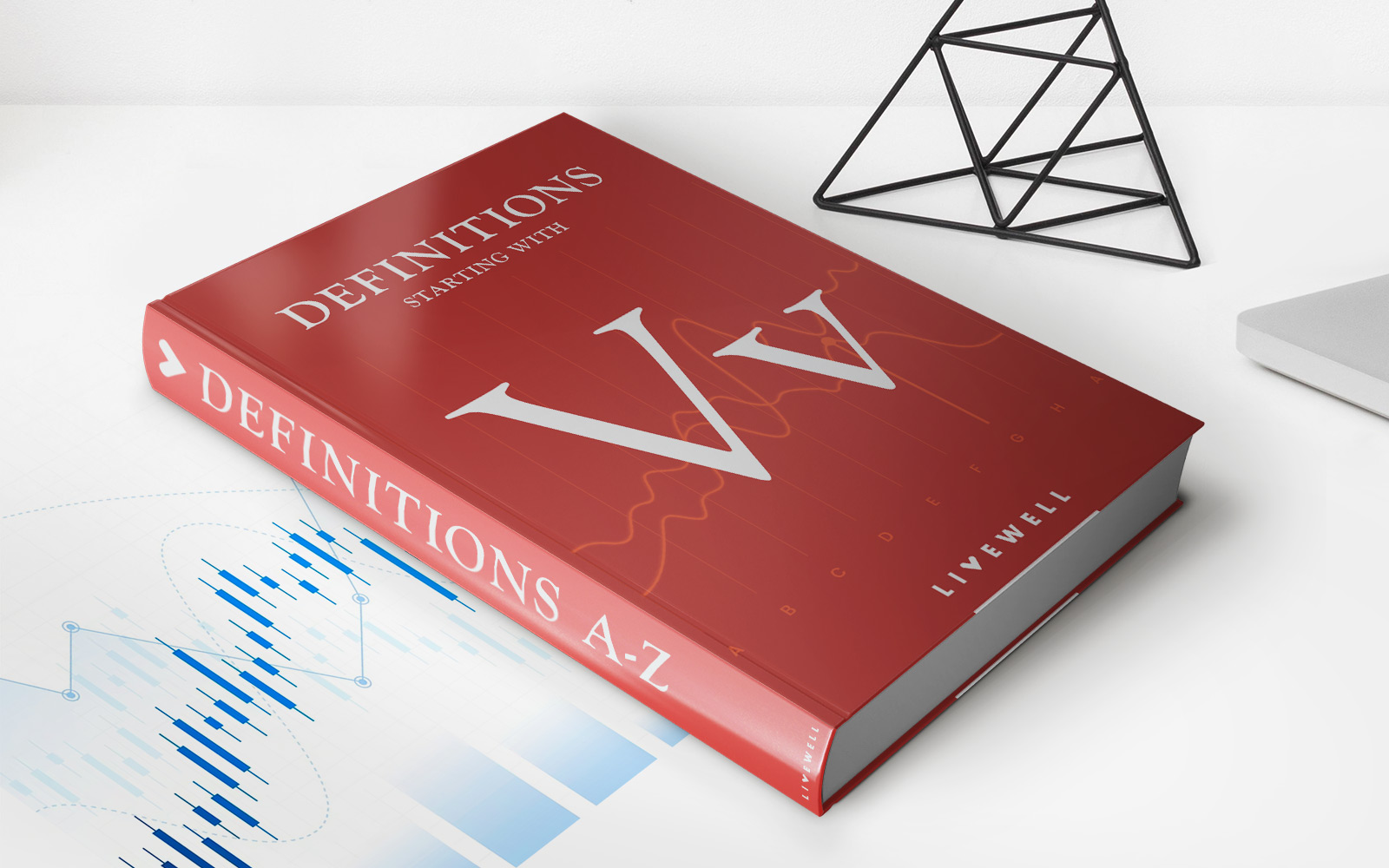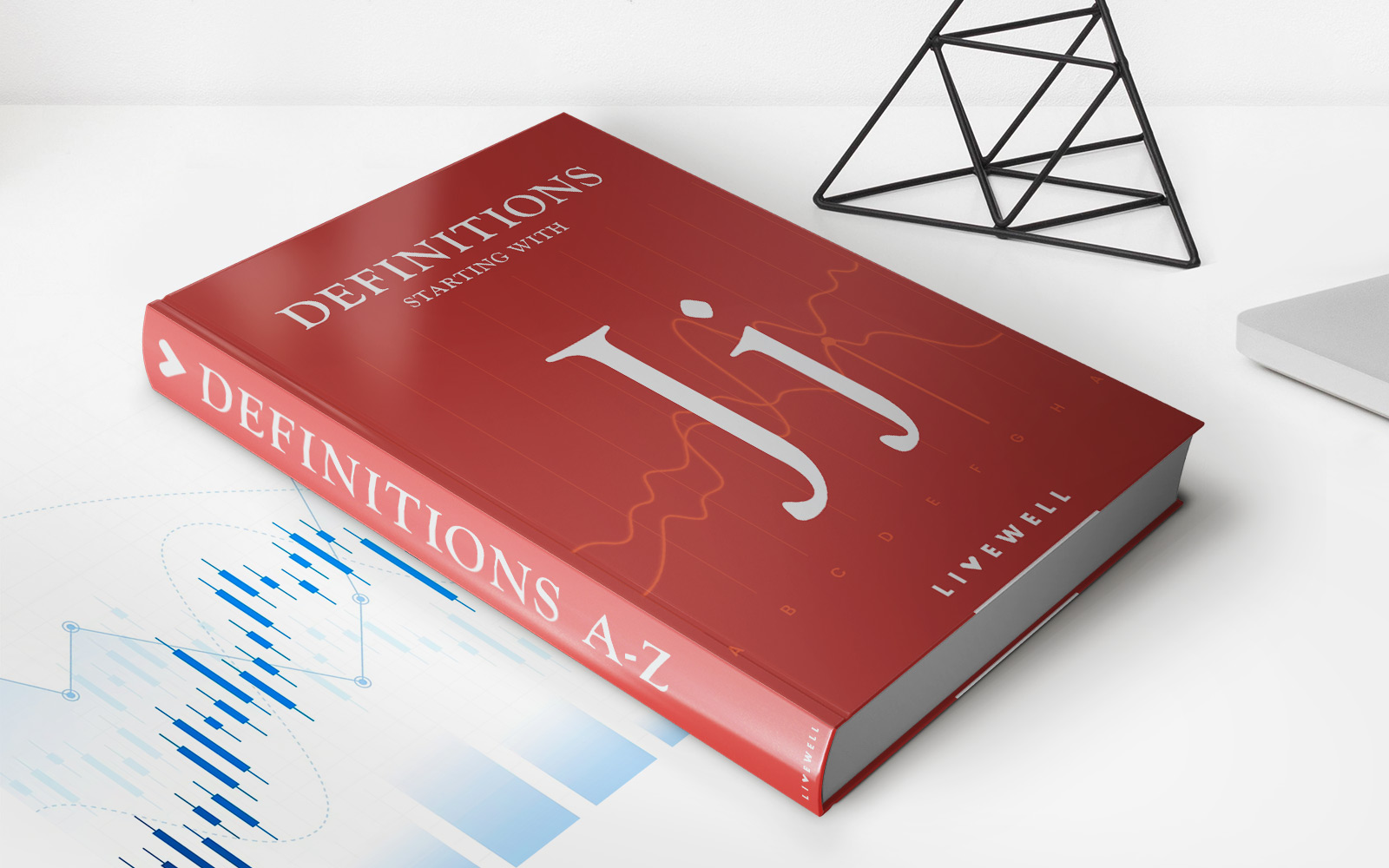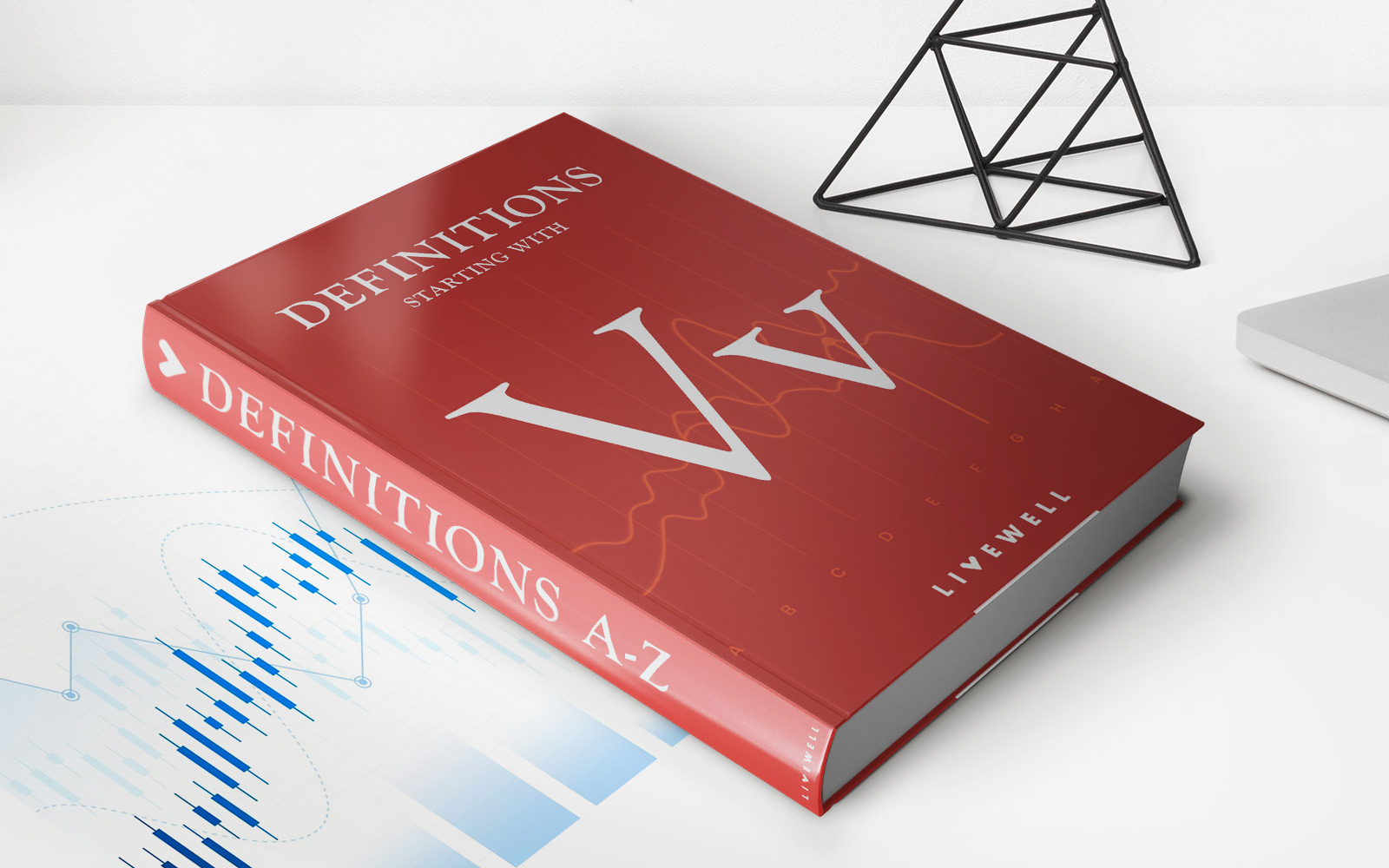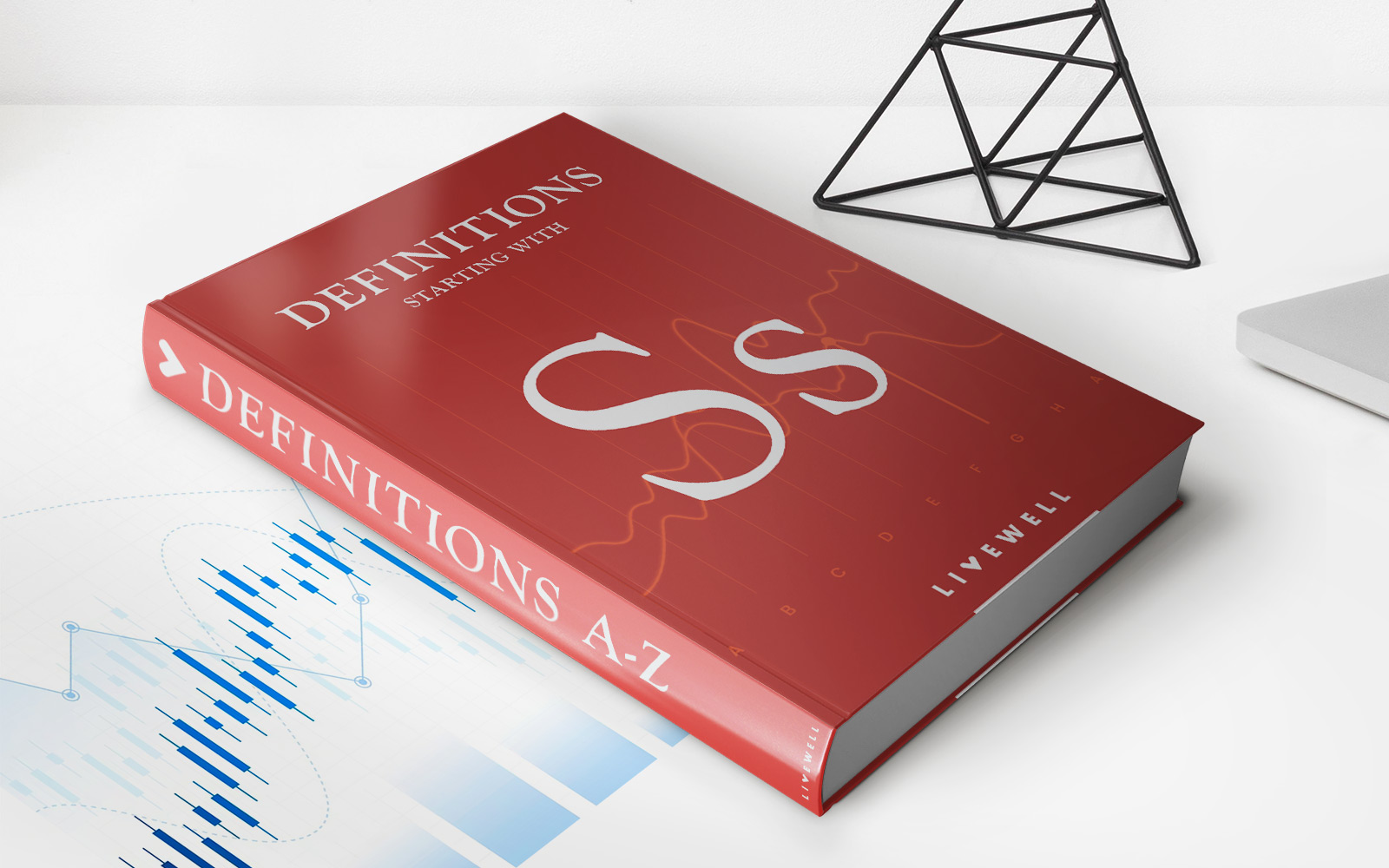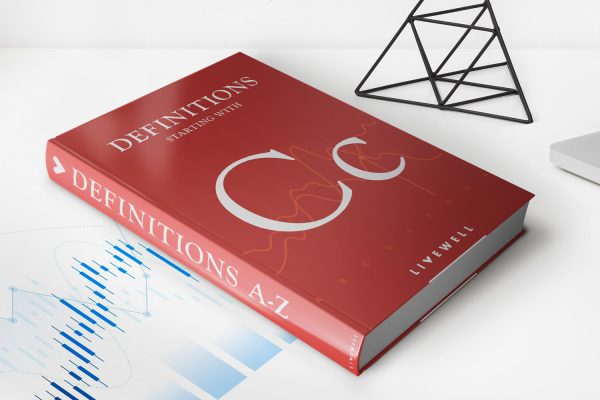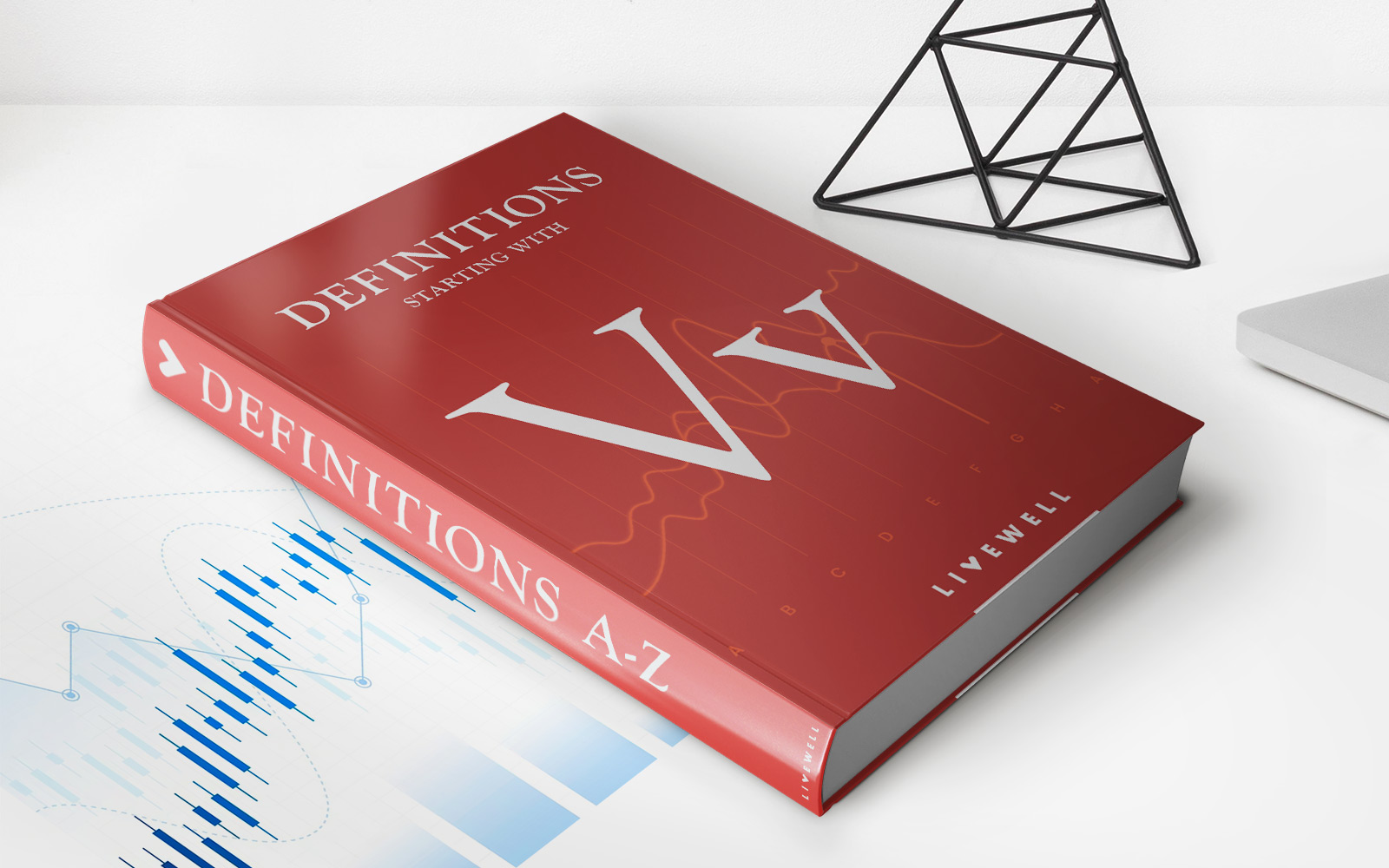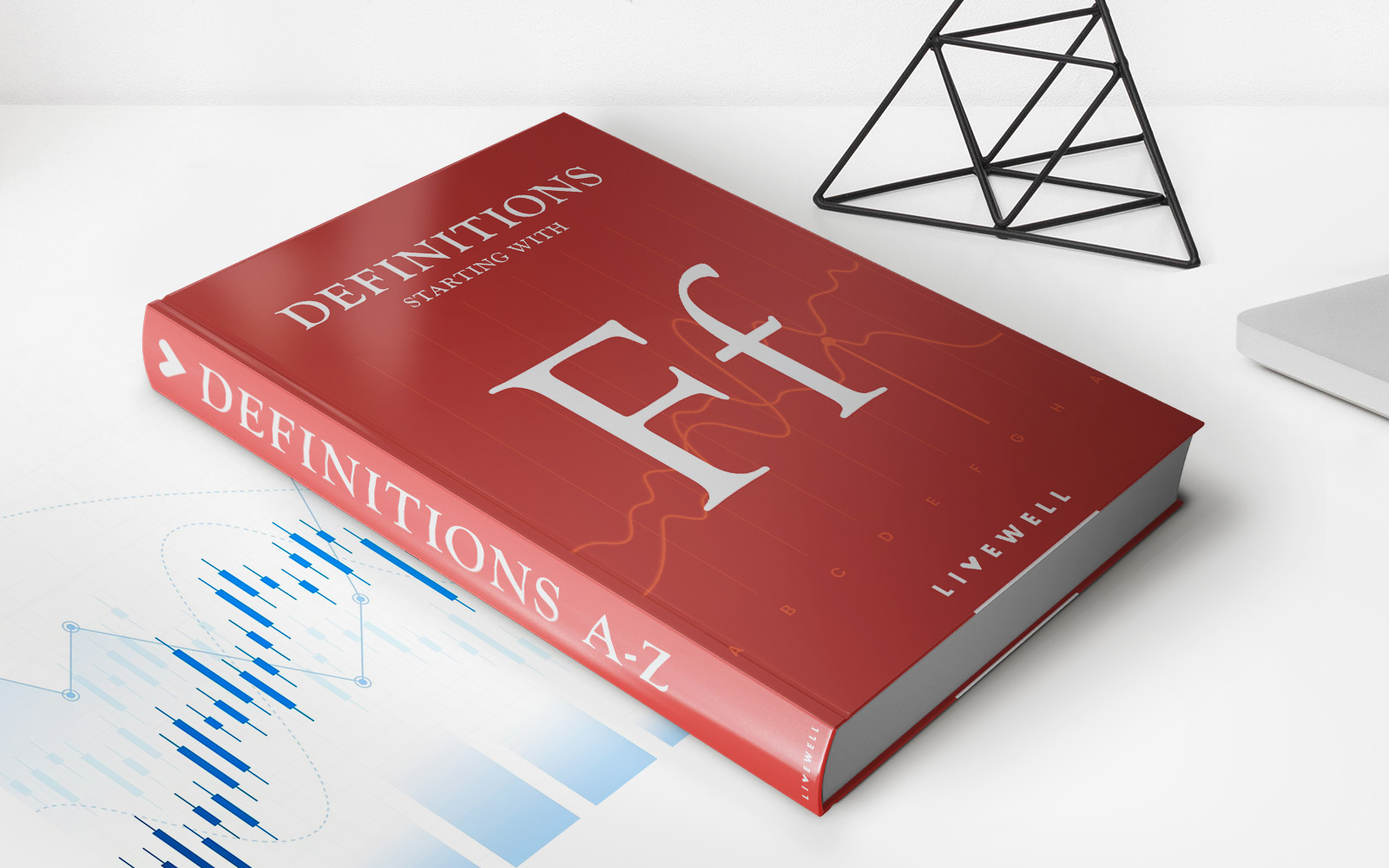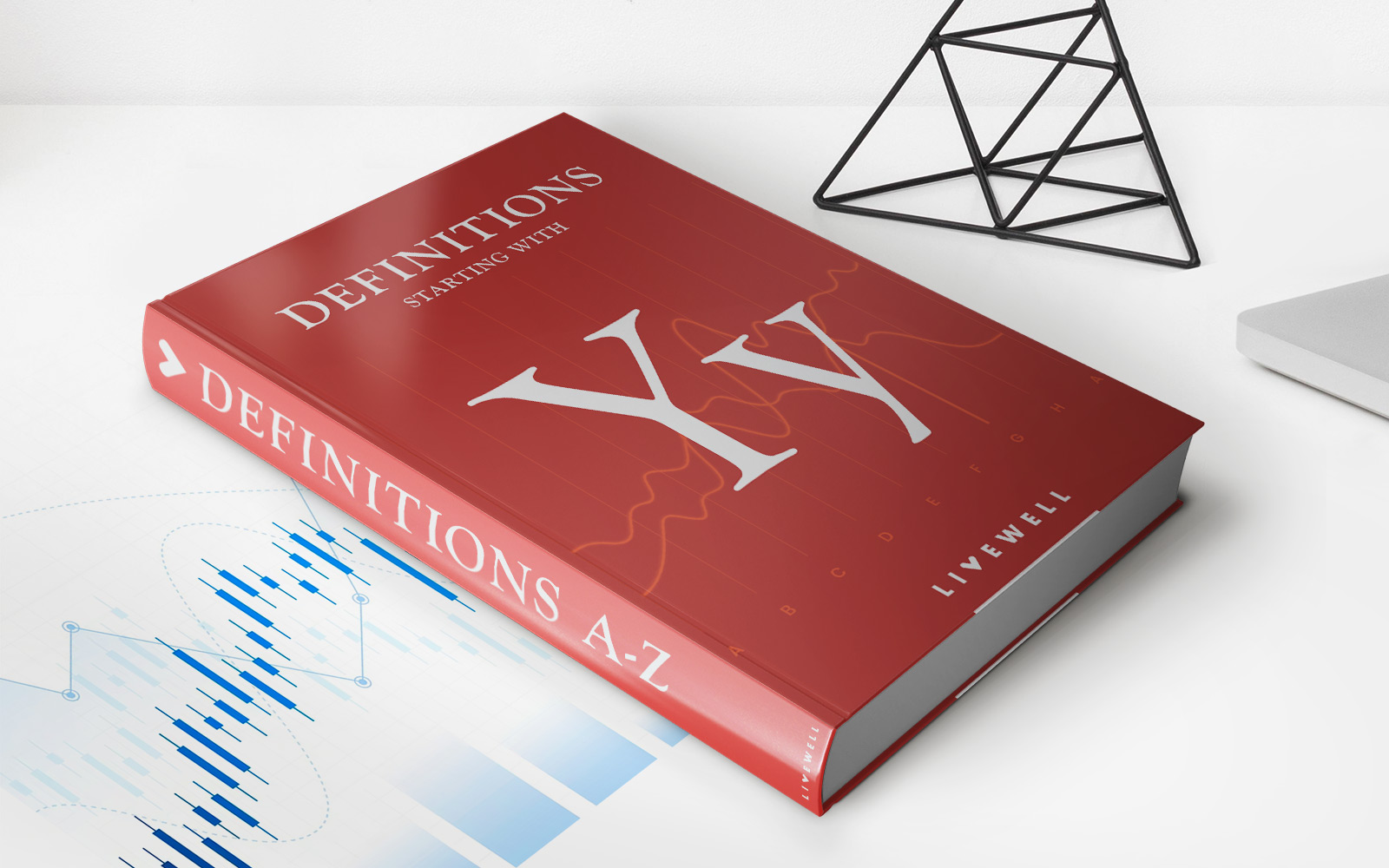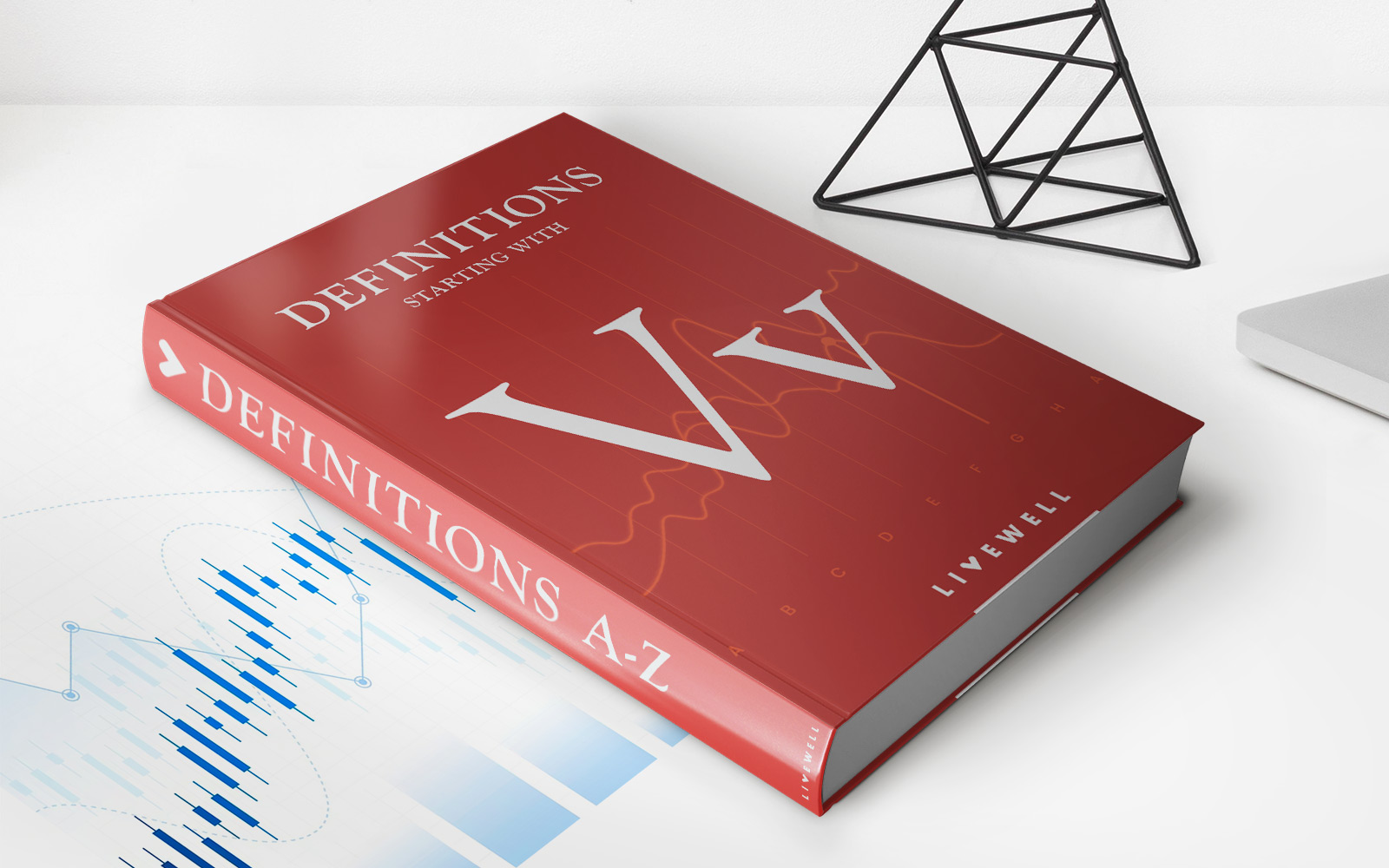

Finance
Voluntary Lien Definition
Published: February 16, 2024
Learn the voluntary lien definition in finance and how it affects your assets. Understand the implications and protect your financial interests.
(Many of the links in this article redirect to a specific reviewed product. Your purchase of these products through affiliate links helps to generate commission for LiveWell, at no extra cost. Learn more)
Understanding Voluntary Lien: Protecting Your Financial Interests
Finance is a vast field that encompasses various aspects of managing money, investing, and protecting your financial interests. One important concept that individuals and businesses alike should familiarize themselves with is a voluntary lien. In this informative blog post, we will delve into the definition of a voluntary lien, its significance, and the practical implications it has on your financial well-being.
Key Takeaways:
- A voluntary lien is a legal claim placed on an asset, property, or funds by a creditor or lender to secure repayment of a debt.
- Understanding voluntary lien is crucial for borrowers and lenders as it helps determine the priority and rights in case of default or bankruptcy.
What is a Voluntary Lien?
A voluntary lien can be best described as a legal claim or encumbrance that a creditor or lender places on an asset, property, or funds voluntarily offered by the borrower or debtor. In simpler terms, it is a form of security interest that allows the creditor to protect their financial interests and ensure repayment of a debt.
When you enter into a financing agreement such as a mortgage, car loan, or personal loan, you voluntarily grant a lien on the financed asset to the lender. By doing so, the lender has a legal right to take possession of the asset and sell it if you default on the loan payments. The lien serves as a safeguard for the lender, providing reassurance that they can recover their funds in case of non-payment.
Voluntary liens are commonly associated with real estate transactions, wherein a mortgage is secured by the property itself. This means that if the borrower fails to make the mortgage payments, the lender can initiate foreclosure proceedings and recover their investment by selling the property.
Practical Implications of Voluntary Liens
Voluntary liens play a vital role in determining the order of priority among multiple creditors or lenders with claims on the same asset. If you default on your debts, the priority of liens will determine which creditors get paid first from the proceeds of the asset’s sale.
Here are a few key points to consider regarding voluntary liens:
- Voluntary liens are consensual, meaning they are created and agreed upon by both parties – the borrower and the lender.
- They provide security to lenders, making it easier for borrowers to obtain financing at more favorable terms such as lower interest rates or longer repayment periods.
- In case of bankruptcy, voluntary liens are given priority over most other unsecured debts, ensuring that the lender has a better chance of recovering their funds.
While voluntary liens can be beneficial for lenders, borrowers must exercise caution before accepting such encumbrances. Assessing your financial situation and ensuring the ability to make loan payments is crucial to avoid the risk of losing your assets due to default.
Conclusion
Understanding voluntary liens is essential for anyone navigating the world of finance. Whether you are looking to secure a loan or lend money, comprehending the concept of voluntary liens and its implications will help protect your financial interests. Remember, voluntary liens can provide the necessary security for lenders, but borrowers must carefully assess their repayment capacity before agreeing to such encumbrances. Stay informed, make wise financial decisions, and safeguard your financial well-being.
